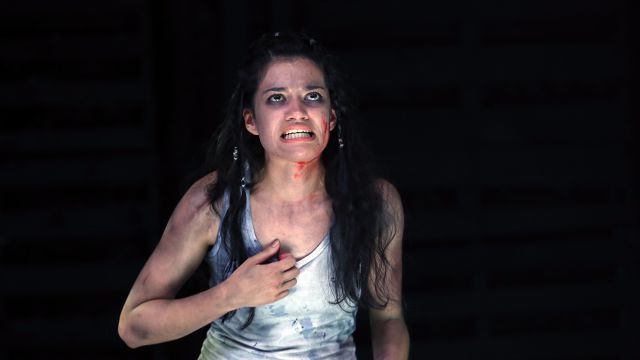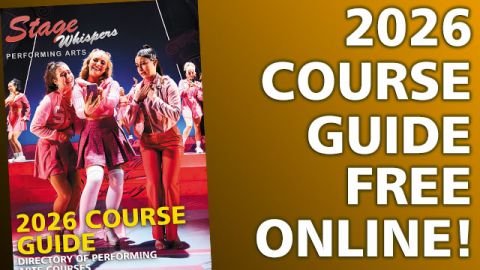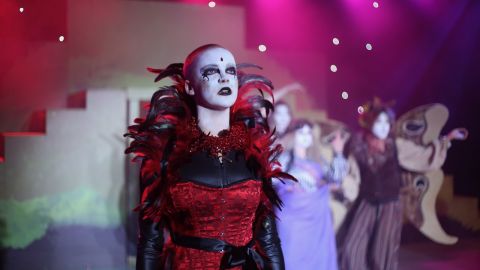Choosing The Right Monologue

Acting Performance Studio’s Briony Dunn says a monologue is an important calling card for any actor to showcase their abilities. The head of course at APS believes a good selection is vital to preparing for an audition.
1. Have a large kit of monologues ready to go.
Sometimes you will be given a monologue to prepare for an audition. Sometimes you will be asked to bring one in. Either way, at APS we teach our students they should have between 8-10 monologues prepared at any given time. This includes at least two classical monologues that are dramatic/serious and two classical monologues that are comedic/light. Then you need the same for modern - at least 2 dramatic/serious and at least 2 comedic/light, and 1-2 dramatic and comedic monologues suitable for screen.
Some theatrical monologues will be suitable for screen, but it’s a good rule of thumb to choose different pieces. If that sounds like too many, consider this: a) You are always a working actor if you are always finding and working on your monologue kit. b) What are you going to do that day you perform your awesome comedic classical monologue and the auditioner says, “Great! Do you have anything else?” Why, yes you do! You just happen to have a second comedic classical monologue prepped and ready to go.
2. Choose the right piece.
Choose pieces you feel a connection with. If you understand what the character is going through you’re more likely to bring it to life in a meaningful and truthful way. Choose pieces within your age range. This is often up for discussion. In short, unless the role you are auditioning for requires you to play a different age, choose monologues that are right for your current playable age. Now is not the time to show off your best old-lady walk.
3. Choose published pieces.
Unless you are a published writer, resist the urge to write your own monologue. We suggest you resist choosing from the plethora of monologues available online that have been created solely for audition purposes. The aim of your audition is to show you off. Choose writing that has gone through the rigorous process of drafting, performance and publication. You are being auditioned for your acting, and want to be supported by quality writing.
4. Spend the time to find the right pieces.
Being an actor really means you are an historian and detective, so don’t be afraid of the many hours it will take in libraries and sitting on bookshop floors flicking through plays to find monologues.
5. Read the play,
Read the whole play from which your monologue has been taken so you fully understand the text. Even though your monologue needs to stand alone in your audition, you will never really be able to open up the full meaning of the text and be comfortable in your choices unless you have read and analysed the entire play from which the monologue was taken. Don’t skip this part. If you really can’t find the play we suggest you research as much as you possibly can in the time you have. Be informed. It reflects well on you.
Being a working actor takes years of work and dedication. Unless you start that work today, how are you ever going to be ready with a range of appropriate monologues (in accent) when you audition for that next Netflix show 2 years from now? Even if you have a full time job separate to your work as a performer to pay the rent, you can still do 3-5 things each week that contribute to your work as an actor. Finding and preparing monologues should be near the top of that list.
Acting Performance Studio is a Melbourne acting school with three locations (Moorabbin, Brunswick and Ringwood). APS offers screen acting and music theatre classes for children, teens and adults of all skill levels, as well as holiday programs, regular casting director workshops, self-test facilities and showreel production.
APS offers a professional full-time course with 1 and 2 year programs available. The APS full-time course focusses equally on both stage and screen.
For more information visit www.apstudio.com.au
Image: 1st Year 2017 production, an adaptation of Greek tragedy Electra.





